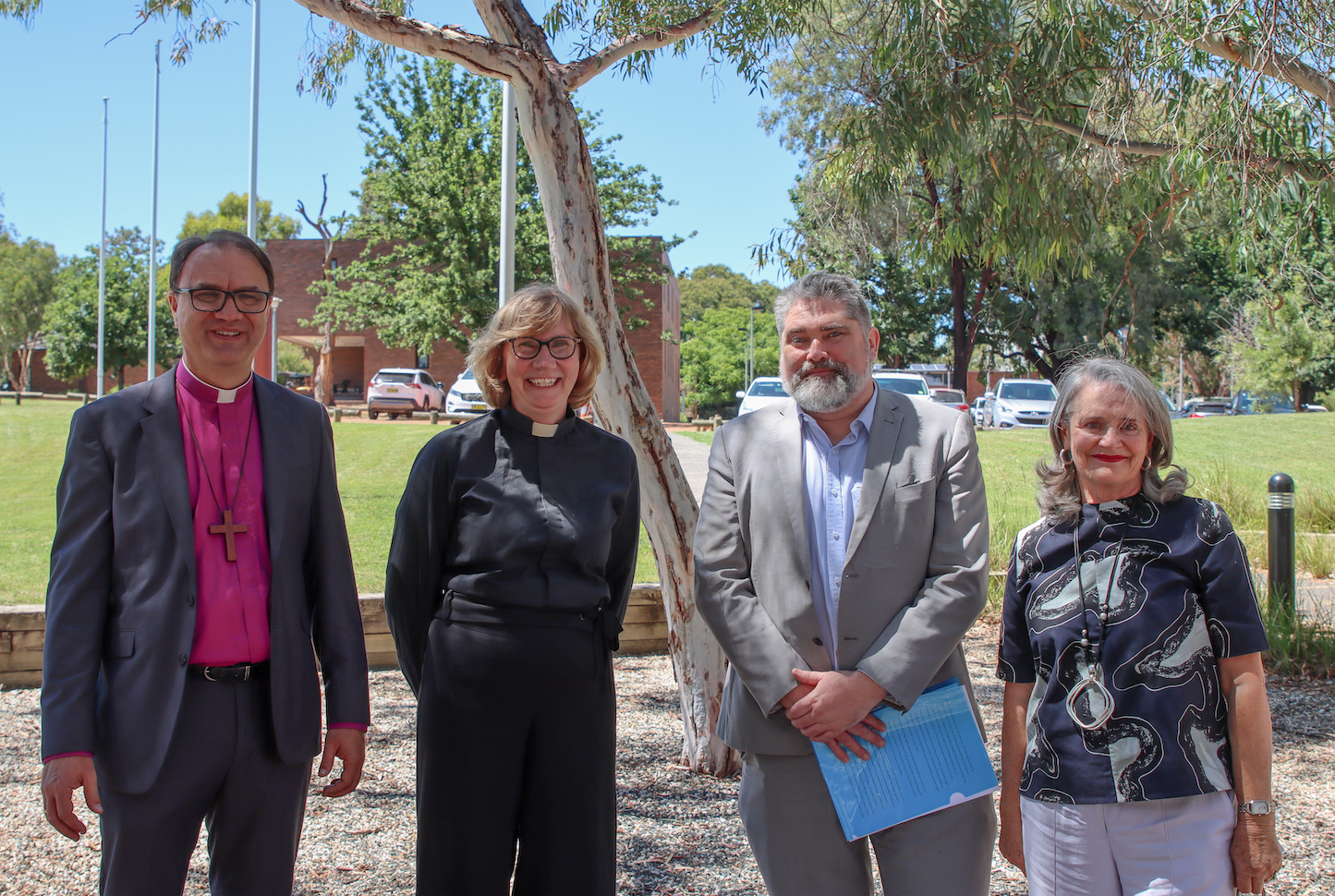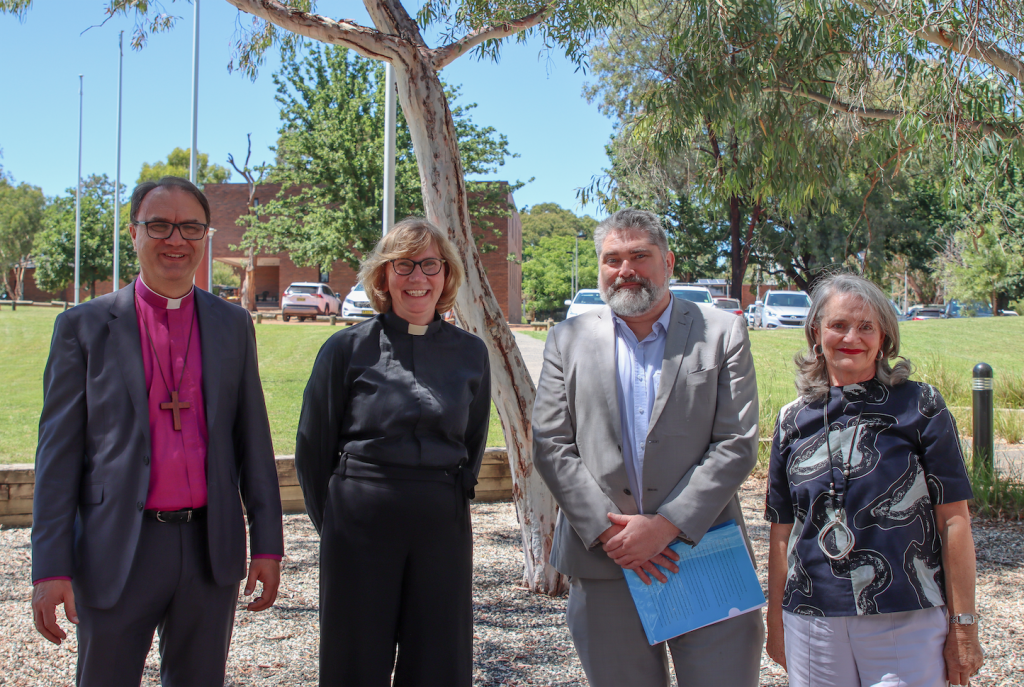By Bishop Mark Short.
I am writing this reflection on International Women’s Day, thankful for the enormous contribution made by women, lay and ordained, stipendiary and voluntary to the life and witness of our Diocese. I am also proud that our Diocese has been a pioneer in the recognition of women’s ministry through the priesthood and episcopate.
However I am also mindful that organisations that pride themselves on being progressive on gender equality can nevertheless persist in practices that limit the development and deployment of the gifts of half the human population. A while ago Monica pointed out that when she was a manager in the public service she noticed a stark difference in the way in which male and female employees would react when training or development opportunities (eg the chance to attend a residential conference) were offered. The men would typically say “yes” straight away, on the assumption that domestic arrangements could be sorted out after the fact. The women would typically wait to confirm domestic arrangements before being ready to give an answer. So a simple change to procedure, like asking everyone to give their answer 48 hours later, substantially increased the likelihood of women accessing these opportunities.
Here are just a few subtle practices or assumptions that may limit the opportunities for women in our ministries
- an assumption that women with a gift for ministering to men are exceptional, but that most men are gifted for ministry across the genders (this might be seen in an interview process where women applicants are asked about their ability to relate to or lead men, but male applicants are not asked about their ability to relate to or lead women)
- an assumption that women will naturally tend towards a more ‘nurturing’ style of leadership and men towards a more ‘dynamic’ style, rather than asking individuals or their referees about each person’s particular style
- mentoring practices that limit the opportunities for women to receive one-to-one coaching in ministry areas currently overseen or largely performed by men
- scheduling training opportunities at short notice or at times that make it difficult for those with primary child-minding opportunities to attend
Can I encourage all of you to ask ‘what might be some of the subtle, but very real, barriers to participation by women in my sphere of ministry responsibility?’ Even better, why not ask some women who serve there to answer the same question!
With every blessing in Christ,
+Mark
Pictured: Bishop Mark Short; Rev Sarah Plummer, Anglicare Exec Manager of Mission and Culture; Jeremy Halcrow, Anglicare CEO and Lynette Glendinning, Anglicare Board Chair at the Anglicare Christmas Service 2020.



